Heart
The heart is a vital organ in the human body responsible for pumping blood throughout the circulatory system. It is located in the chest, slightly to the left of the midline, and is protected by the ribcage.
Anatomy of the Heart
The heart is divided into four chambers: the right atrium, right ventricle, left atrium, and left ventricle. The atria receive blood from the body and the ventricles pump blood out of the heart. The heart is also made up of various valves, such as the mitral valve and the tricuspid valve, which ensure that blood flows in the correct direction.
Function of the Heart
The main function of the heart is to pump oxygenated blood to the body's cells and tissues and to return deoxygenated blood to the lungs for re-oxygenation. This process is essential for maintaining the body's overall function and health.
How the Heart Works
When the heart beats, it contracts and relaxes in a rhythmic cycle. This cycle is controlled by electrical signals that cause the heart muscles to contract and pump blood. The heartbeat is regulated by the sinoatrial node, often referred to as the heart's natural pacemaker.
Keeping the Heart Healthy
Maintaining a healthy lifestyle is crucial for the well-being of the heart. This includes eating a balanced diet, engaging in regular physical activity, avoiding smoking, and managing stress levels. Regular check-ups with a healthcare provider are also important for monitoring the heart's health.
Study Guide
- What are the four chambers of the heart?
- Explain the function of the heart.
- Describe the electrical signals that control the heartbeat.
- What are some ways to keep the heart healthy?
[Heart] Related Worksheets and Study Guides:
.◂Science Worksheets and Study Guides Kindergarten. All About Animals
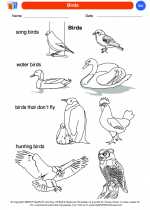
 Coloring Worksheet
Coloring Worksheet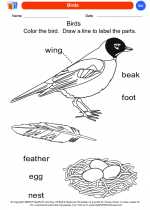
 Coloring Worksheet
Coloring Worksheet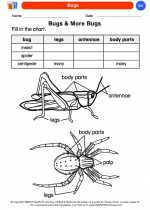
 Coloring Worksheet
Coloring Worksheet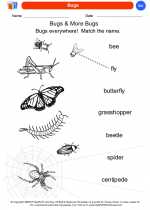
 Coloring Worksheet
Coloring Worksheet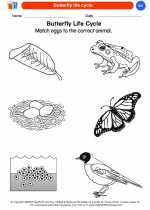
 Coloring Worksheet
Coloring Worksheet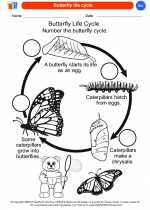
 Coloring Worksheet
Coloring Worksheet
 Coloring Worksheet
Coloring Worksheet
 Coloring Worksheet
Coloring Worksheet
 Coloring Worksheet
Coloring Worksheet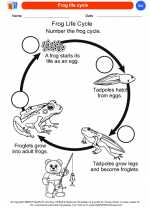
 Coloring Worksheet
Coloring Worksheet
 Coloring Worksheet
Coloring Worksheet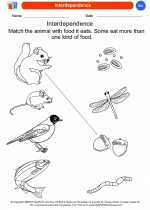
 Coloring Worksheet
Coloring Worksheet
 Coloring Worksheet
Coloring Worksheet
 Coloring Worksheet
Coloring Worksheet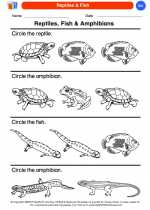
 Coloring Worksheet
Coloring Worksheet
 Coloring Worksheet
Coloring Worksheet
 Coloring Worksheet
Coloring Worksheet
